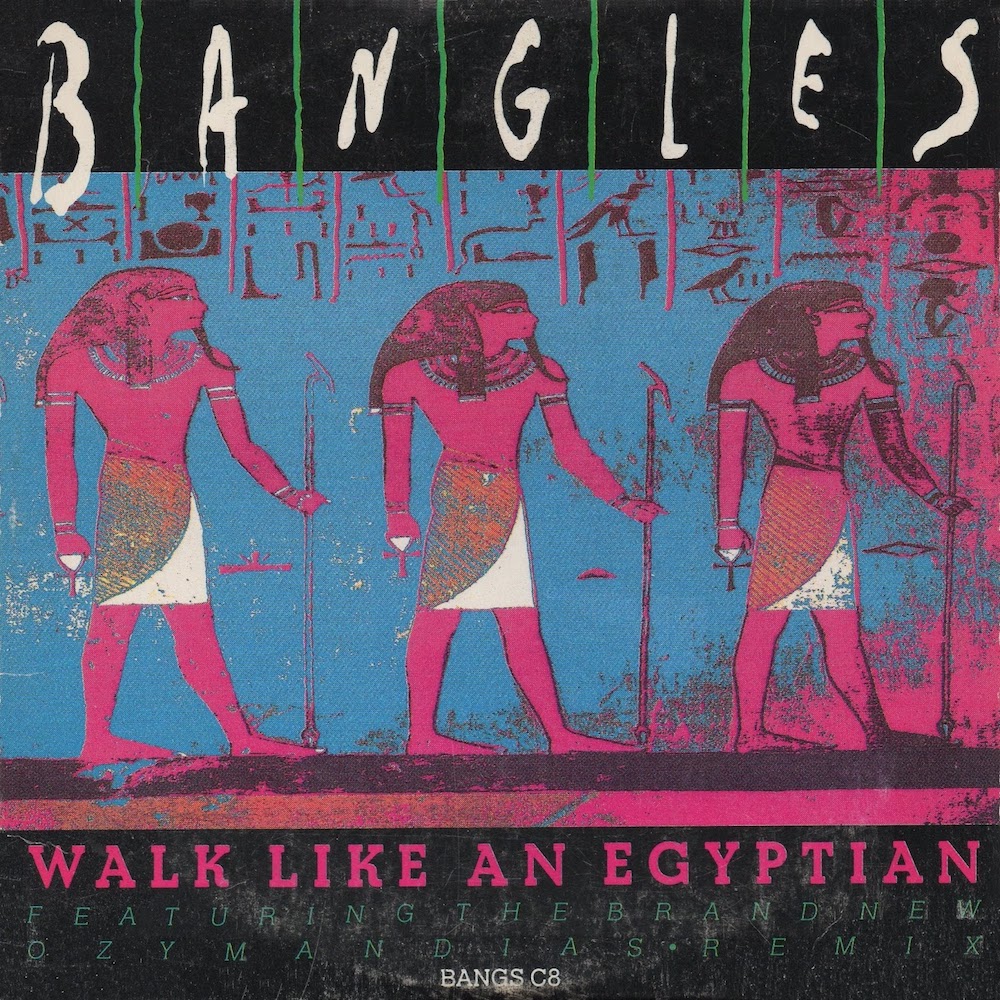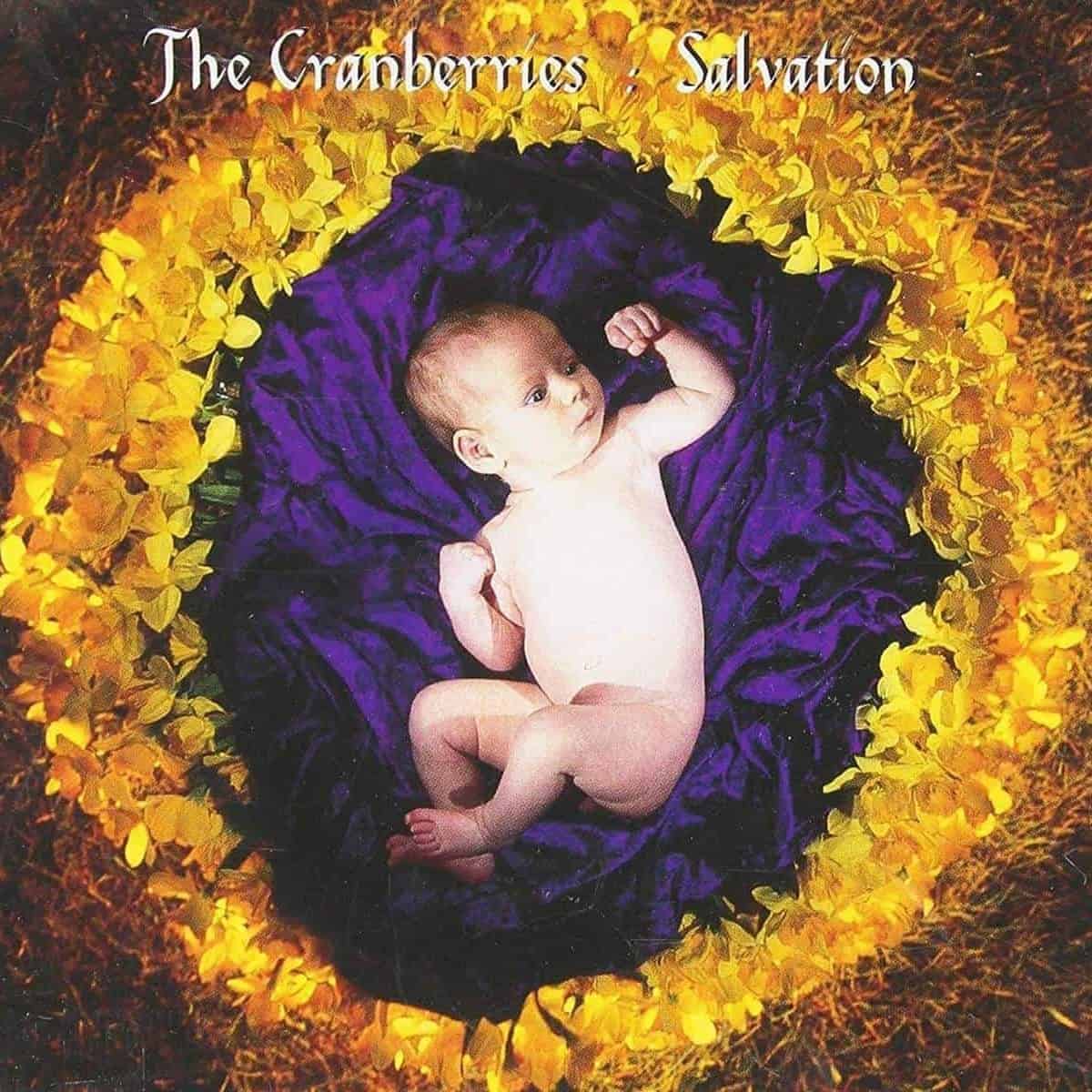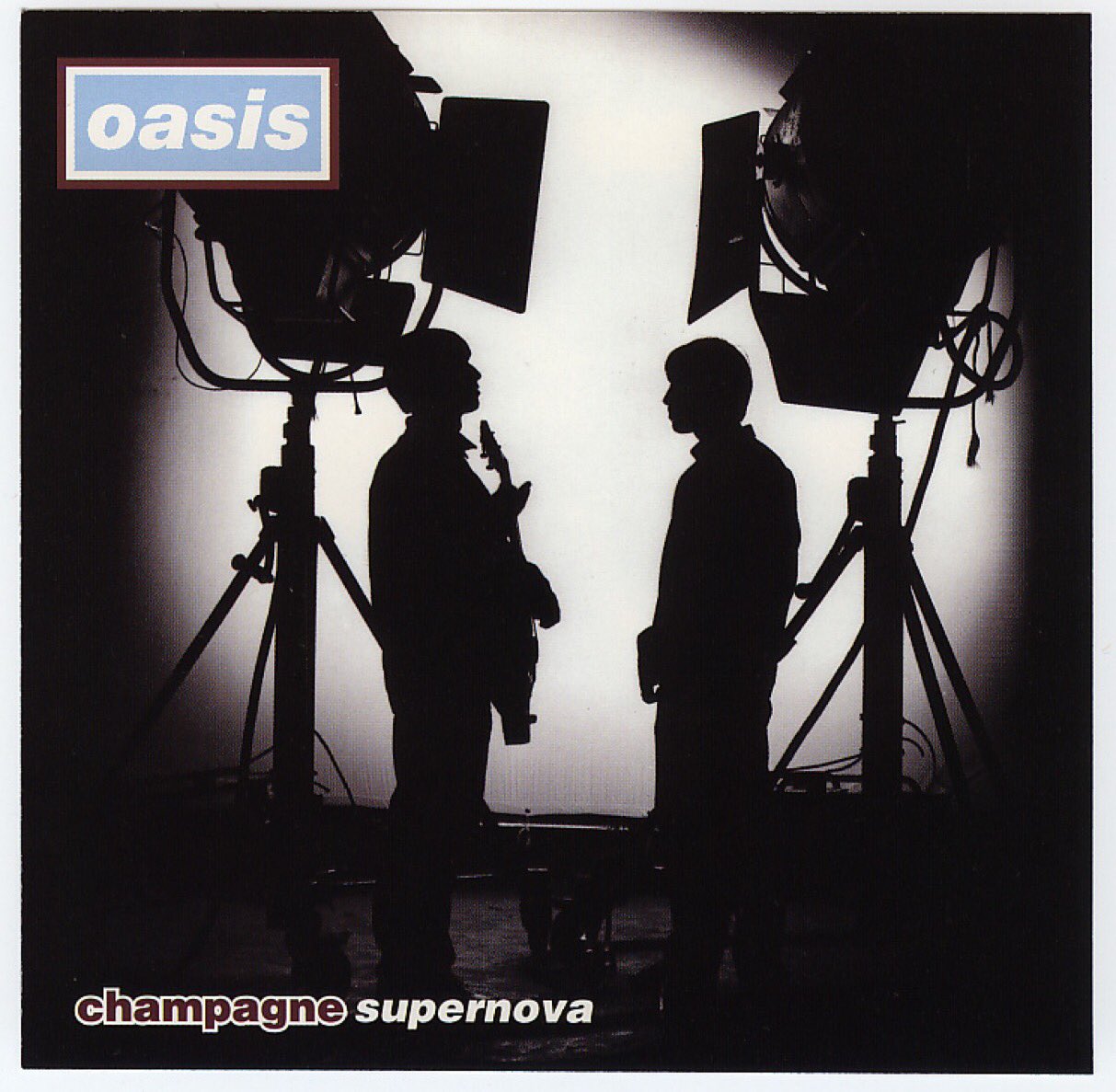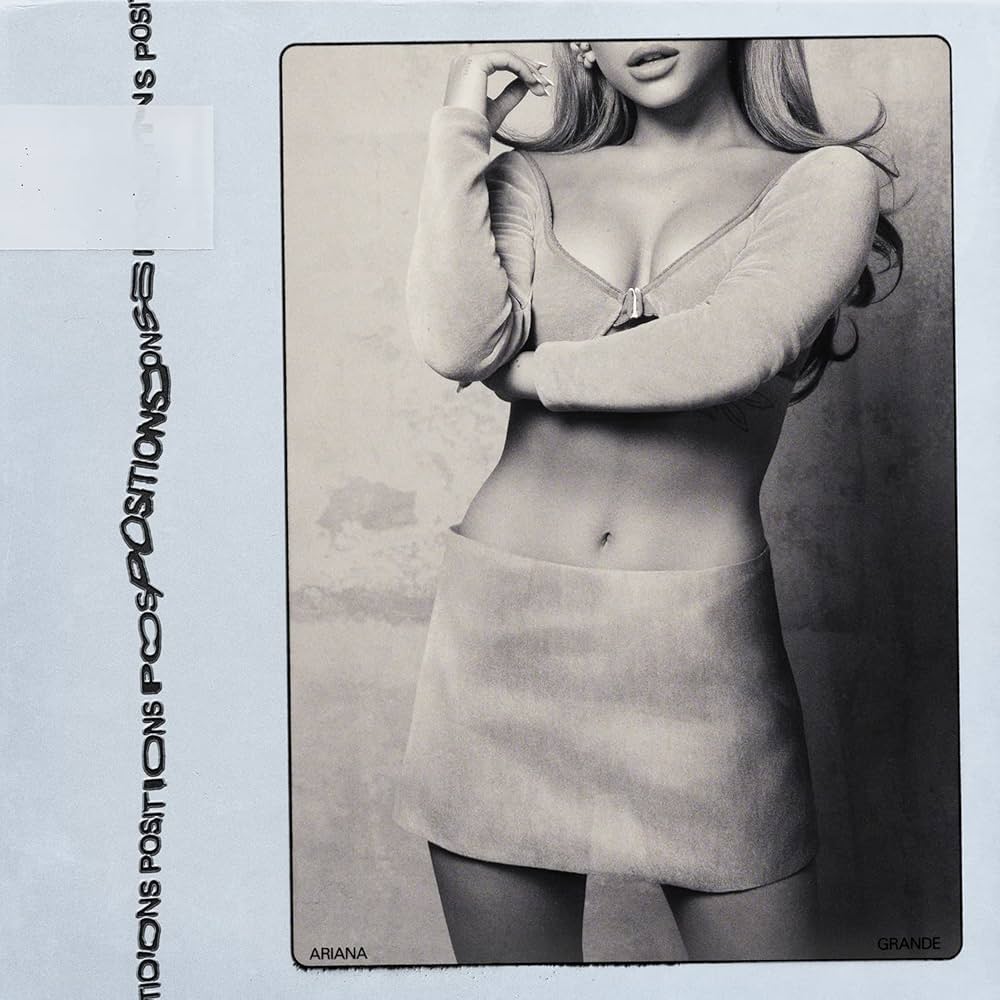December 20, 1986
- STAYED AT #1:4 Weeks
In The Number Ones, I'm reviewing every single #1 single in the history of the Billboard Hot 100, starting with the chart's beginning, in 1958, and working my way up into the present.
The silliest dance-craze smash of the '80s wasn't really a dance. A songwriter named Liam Sternberg was on a ferry across the English channel, and he was watching people lurching around on the deck, trying to keep their balance when the boat started moving. The passengers threw their arms out in ways that reminded Sternberg of Egyptian hieroglyphics, and that gave him an idea for a song. Those passengers weren't dancing. They were just trying to not fall down.
And yet "Walk Like An Egyptian" still became a dance craze. It's not a terribly involved dance. It requires no coordination and very little rhythm. In the "Walk Like An Egyptian" video, the Bangles are the only people who manage to look even remotely cool while doing that dance. All the on-the-street randos captured in the video look like absolute fools, and I imagine most of them came to regret the day that they stabbed the air with their hands on camera. That video sent a message. Anyone could walk like an Egyptian.
When I was nine years old, I won some candy at a summer-camp dance for walking like an Egyptian better than anyone else in the gym. (I killed that shit.) The song was a couple of years old by then, but "Walk Like An Egyptian" was still getting burn at functions like that. That's the power of a good novelty song. If one of those things hits, it hits.
"Walk Like An Egyptian" came out in 1986, and it ascended to #1 at the end of the year. A year later, Billboard named it the #1 single of 1987. People who didn't keep up with pop music knew how to do the dance. Your mom knew how to do the dance. For whatever reason, "Walk Like An Egyptian" became a cultural touchstone. The Bangles weren't too happy about this.
On the second verse of "Walk Like An Egyptian," Michael Steele sings about all the kids who are so sick of books: "They like the punk and the metal band." Steele didn't write that line, but she knew a couple of things about punk bands. A decade earlier, Steele had been in the Runaways with former Number Ones artist Joan Jett. Steele had left by the time the Runaways recorded their first album, but she'd still been in a foundational punk band.
Really, all four Bangles had at least some history with punk rock. All four of them came from Southern California. In 1980, Susanna Hoffs placed an ad in a weekly paper, trying to start a band. That ad led Hoffs to have a long phone conversation with the sisters Debbi and Vicki Peterson; John Lennon had just been killed, and they bonded by talking about it. Soon afterwards, Hoffs started playing together with the Peterson sisters in her garage. The band went through a bunch of different names -- the Colours, the Supersonic Bangs, the Bangs.
When they started playing shows in Los Angeles, the Bangs became linked with a whole new scene of likeminded bands like the Dream Syndicate and Rain Parade and Opal. These groups were coming out of the punk universe and falling in love with '60s psychedelia and folk-rock, doing their own versions of Byrds-style jangle-pop. That scene became known as the paisley underground, and a lot of the music that came out of it had real pop appeal. (I maintain that the Three O'Clock's 1983 jam "Jet Fighter" should've been a smash.) Ultimately, though, the Bangs were the only band to come out of that world and achieve the same pop-idol status as their heroes.
After the Bangs released the 1981 indie single "Getting Out Of Hand," another band with the same name threatened to sue, so they changed their name to the Bangles. Miles Copeland, brother of the Police drummer Stuart, signed the Bangles to his Faulty Products label and released their 1982 self-titled EP. That same year, original bassist Annette Zilinskas left the band, and Michael Steele joined up. In 1984, the Bangles released their debut album All Over The Place. The album and its singles didn't chart, but it absolutely fucking rules. "Going Down to Liverpool"? Good lord. Banger. Shout out to Leonard Nimoy.
The Bangles opened for Cyndi Lauper on tour and had a song on the Goonies soundtrack, and people within the industry started paying attention. For Different Light, the band's 1986 sophomore album, they made a conscious move in a more commercial direction. Whereas they'd written most of the songs on their debut album themselves, the Bangles brought on more outside songwriters on Different Light. One of those songwriters was Prince, who was getting into jangly '60s stuff himself. Prince gave the band "Manic Monday," a song he'd originally intended for his proteges in Apollonia 6. "Manic Monday" became the Bangles' breakout hit, peaking at #2 behind Prince's own "Kiss." ("Manic Monday" is a 9.)
"Manic Monday" was a smash, but the Bangles' follow-up single "If She Knew What She Wants" crapped out at #29 and threatened to doom the Bangles to one-hit wonder status. The members of the group doubted a song as weird as "Walk Like An Egyptian" would even become a single, let alone a hit. But its silliness found a sweet spot. "Walk Like An Egyptian" is an unabashedly goofy jam with an actual beat. It adapts mid-'80s production techniques without sounding beholden to them, and guitarist Vicki Peterson brings a nasty snarl in her guitar tone that recalls the '60s psych-rock that the band loved so much. In the context of '80s pop radio, "Walk Like An Egyptian" fit in and and stood out at the same time -- the best thing a pop song can do. Little kids loved it.
Liam Sternberg had come from the same Akron, Ohio new wave scene that birthed Devo, and he later moved to the UK and worked as a songwriter. Sternberg wrote "Walk Like An Egyptian" in 1984, and he recorded a demo with fellow Akron native Marti Jones. Sternberg offered "Walk Like An Egyptian" to former Number Ones artist Toni Basil, but she turned it down. Instead, Bangles producer David Kahne heard the demo and brought it to the band a couple of years later. Sternberg didn't write any more big hits after "Walk Like An Egyptian," but he did write the theme music for 21 Jump Street. 1987 was a big year for him!
https://youtube.com/watch?v=JgvsDZlm9ps&ab_channel=jumpstreet13542
David Kahne had already produced the first Bangles album, as well as records for bands like Romeo Void and Fishbone. Later on, he'd work with big alt-rock groups like Sugar Ray, Sublime, and the Strokes, and he'd win an Album Of The Year Grammy for his work on the Tony Bennett MTV Unplugged album. The Bangles were a band without a frontperson; all four members of the group sang lead vocals on different songs. Kahne got each of the members of the band to sing "Walk Like An Egyptian" in a sort of audition, and he gave each of the three verses to a different Bangle. This pissed off drummer Debbi Peterson, the one Bangle who didn't get a verse. To make things worse, "Walk Like An Egyptian" used a drum machine, so she didn't get to do anything on the song other than backup harmonies. In the video, she played a tambourine and mimed out the whistling part, which was really a synth.
Honestly, though, Debbi Peterson looks cool as hell in the "Walk Like An Egyptian" video. She strikes great rock-star poses and seems to be having an amazing time, which is hugely important to the vibe of the thing. In fact, Vicki comes close to being the star of the video. She might've come out of it as the most recognizable Bangle if not for Susanna Hoffs doing that thing with her eyes. Hoffs later said that she flitted her eyes from side to side like that as a way of combatting stage fright, that she didn't even realize the camera had captured it. But it's so cool. It makes her look like she's up to some mischief.
The "Walk Like An Egyptian" video is cheap, but that's part of its appeal. Most of it is just the Bangles pretending to play live, and since they all look like stars, that's really all you need. But then it's also got those shots of members of the public incompetently attempting the dance, as well as ridiculous, transparently fake clips of public figures -- Princess Diana, Muammar Gaddafi, the Statue Of Liberty -- doing the hand thing. It looks like such shit! I love it!
Even without that video, though, "Walk Like An Egyptian" is a smash. It's got a huge, daffy sense of energy to it. It's got a beat with some actual syncopation, some shimmy in its strut, which isn't that common in '80s pop hits. I love all the synthetic touches in the rhythm track: The programmed tambourines, the bell clangs, the quasi-industrial metal-smacking-metal scrapes. The song has hooks for days -- the bassline, the rockabilly-style guitar solo, perfectly-placed whistling bit. There's a knowing confidence in the voices of all four Bangles. I don't know how they manage to sell those lyrics, but they pull it off.
We should talk about the "Walk Like An Egyptian" lyrics. What the fuck is going on with those? Are they racist? I don't even know. It's not like there'd been any previously established stereotype about people from Egypt walking in any particular way. Still, Egypt is an actual place that continues to exist; the Bangles weren't singing about walking like a Babylonian or a Sumerian. In 1986, Egypt had a population of 50.6 million people. When "Walk Like An Egyptian" was popping off, I imagine the song made life more difficult for any Egyptian people who were not living in Egypt.
There's also the stuff from Susanna Hoffs' verse: All the Japanese with their yen? The party boys call the Kremlin? And the Chinese know? What is even going on there? None of that stuff makes much sense, but then, neither does the stuff about the cops in the donut shop, about the crocodiles snapping their teeth on a cigarette, or about striking poses on Cadillacs. Generally, my position on the "Walk Like An Egyptian" lyrics is that they're not actively pernicious. They're just pop-music gibberish. As someone who likes pop-music gibberish, I give them a pass. But I'm also a straight white guy -- a devastatingly handsome one, at that -- which means I'm in a position of some privilege here. If someone wants to make the case that the "Walk Like An Egyptian" lyrics have been a detrimental force in the world, I am prepared to listen.
As a straight white guy who was seven years old when "Walk Like An Egyptian" hit #1, I maintain that "Walk Like An Egyptian" is a really, really good song, one that I'm never sorry to hear. It's not the same kind of song that the Bangles came up making, and its success would eventually hasten the end of the group, but I love it anyway. And besides, the Bangles weren't done yet. They'll be in this column again.
GRADE: 8/10
BONUS BEATS: Here's the incredibly weird instrumental orchestral-swing version of "Walk Like An Egyptian" that Henry Mancini, a past Number Ones artist, released in 1989:
BONUS BONUS BEATS: Here's a producer named Pharaoh making great use of the "Walk Like An Egyptian" whistling bit on the 1991 house track "Dance Like An Egyptian (Pharaoh's Mix)":
BONUS BONUS BONUS BEATS: Here's dancehall great Mad Lion growling out his version of the "Walk Like An Egyptian" hook on "Ey-Yo (The Reggae Virus)," a KRS-One track from the soundtrack of the 1998 movie Caught Up:
(KRS-One's highest-charting single, 1995's "MC's Act Like They Don't Know," peaked at #57. Shaggy also appears on "Ey-Yo (The Reggae Virus)"; he's the one growling about biting on girls like Marv Albert. He will eventually appear in this column.)
BONUS BONUS BONUS BONUS BEATS: On the version of M.I.A.'s "Fire Fire" that appeared on the classic 2004 mixtape Piracy Funds Terrorism, Vol. 1, Diplo mashed the track up with "Walk Like An Egyptian." Here's that version:
(M.I.A. is Sri Lankan, not Egyptian, but that's still a pretty slick use of that track. As lead artist, M.I.A.’s highest-charting single is 2008’s “Paper Planes,” which peaked at #4. It’s a 10. As a guest, M.I.A. will eventually appear in this column. As lead artist, Diplo’s highest-charting single is the 2018 Ellie Goulding/Swae Lee collab “Close To Me,” which peaked at #24. As a member of Major Lazer, his highest-charting single is the 2016 Justin Bieber/MØ collab “Cold Water,” which peaked at #2. It’s a 5.)
BONUS BONUS BONUS BONUS BONUS BEATS: Girl Crisis was a short-lived Brooklyn indie supergroup that featured members of groups like Chairlift, Au Revoir Simone, Class Actress, and TEEN occasionally getting together to sing cover songs. Here's video of them doing "Walk Like An Egyptian" together in 2013:






